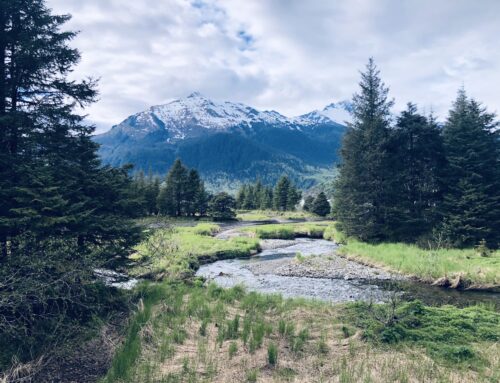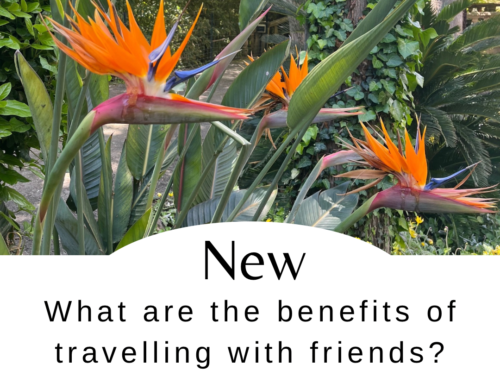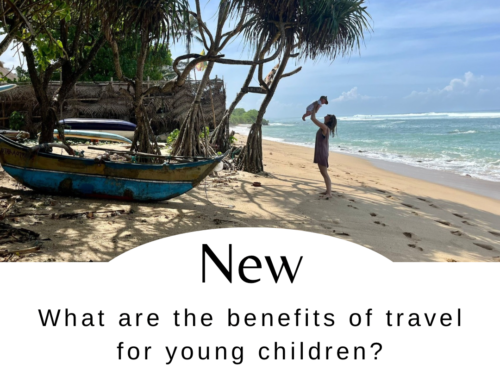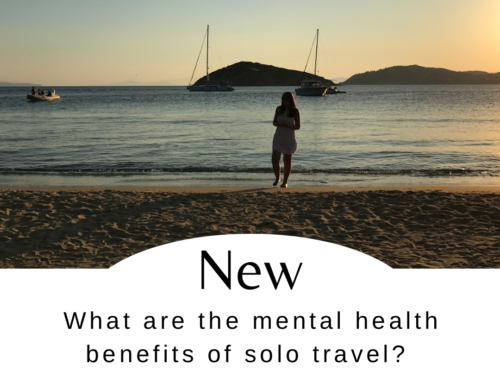Dr Charlotte Russell, Clinical Psychologist & Founder
Feeling low in confidence is a common concern, and many of us are looking for ways to build confidence. We have probably all heard stories of how embarking on a solo trip has helped someone overcome these kinds of difficulties. The question is, can travel be an effective way to do this and under what circumstances?
In this article I’m going to answer these questions from my perspective as a clinical psychologist and a travel enthusiast. First we’ll dive into what confidence is before we consider whether and when travel can help us to build confidence.
What is confidence?
Confidence is our belief in our own ability to handle whatever life throws at us. When confident we enter situations feeling in a reasonably strong position. This helps us to present ourselves well and to tackle any challenges we face.
Confidence can be general and specific. For example, some people consider themselves to be confident generally as a person. However they might struggle specifically with mathematics or new situations and feel very unconfident in these. For most of us, we will feel relatively unconfident when starting something new, such as a new job or a new hobby. These kinds of situations it can be very helpful to remind ourselves that we are new and we need time to learn. Having this kind attitude helps us to be patient with ourselves and to build confidence over time.
Ideally we will have a balanced but grounded belief in ourselves. This means that we believe that we can handle most situations well, but we also accept that we are human and have limitations. We accept that sometimes we make mistakes and get things wrong. This realistic sense of confidence is more helpful than having overconfidence, which is often fragile. When people are overconfident they can feel threatened by evidence that they are human and have limitations. This can cause a whole host of defences, behaviours and relationship issues.
Confidence is noticeable to other people. A balanced sense of confidence is often viewed as an attractive trait and can put others at ease.
Why do people have different levels of confidence?
Confidence is shaped both by our genetics and by our experiences. From birth, it’s likely that temperament is a factor and some children are naturally born more confident than others.
Next we will consider the experiences that shape confidence:
Childhood experiences
Early life experiences are very important for building confidence throughout childhood. The stability and predictability of our home situation will certainly have an impact: If we have grown up in an environment that is be unpredictable, we are less likely to feel confident. However early childhood trauma can impact confidence in complex ways. Sometimes these kinds of experiences can contribute to overconfidence and a fragile sense of self as described in the previous section.
How we are encouraged and spoken to as a child can help to build confidence (or negatively affect it for that matter). I’m sure many of us can remember a teacher or relative who was warm and encouraging towards us. Someone who believed in us. That absolutely enhances our confidence. If there are people in your early life that do this consistently, you are much more likely to grow up feeling confident in yourself.
Experiences in adulthood
Experiences in adulthood can also have a big impact. I’m sure we can all think of situations that have ‘knocked’ our confidence. This might be a failing an exam or something going wrong at work. Being physically unwell for a period of time can also have a huge impact.
As therapists we often see a cumulative effect when several negative events happen. On the whole and for most people, if something bad happens but life is generally stable and you mostly cope well, this is manageable. Of course life doesn’t always work this way! You might have a tough time at work and soon after experience a bereavement, and the combination of these may really impact. Many people will seek therapy in these kinds of situations and rightly so.
Experiencing a traumatic event or situation can certainly affect our confidence negatively. Most people will need a significant amount of time to process what has happened and to regain a sense of safety and stability. They will then need to begin to gradually rebuild their confidence. For many people, therapy is necessary part of healing.
Having difficulties with mental health is another experience that can reduce confidence. If we have struggled with mental health, we may feel less sure of our ability to cope. This is understandable. In these situations therapy can help people to build their confidence gradually and regain trust in themselves and their coping.
When is travel a helpful way to build confidence?
As we have seen in the previous section, there are many experiences that can knock our confidence. I do believe that travel can be a tool to help us to build confidence, BUT I don’t believe it is the right solution in every situation.
If a situation has knocked your confidence but you are generally coping well, travel might help you to build confidence. Having good social support and existing coping mechanisms are other indicators that travel may be sufficient for you to rebuild confidence.
When travel is not the right way to build confidence
If you are struggling or experiencing active symptoms of psychological trauma I’d advise you to seek therapy.
Signs of struggling include:
- Finding it difficult to deal with situations that you would usually manage well
- Withdrawing from others
- Struggling to talk about how you are feeling
- Feeling unable to use your usual coping strategies or you are finding that they are less effective than usual.
- Symptoms of psychological trauma including
- Intrusive symptoms such as nightmares and flashbacks
- Hyperarousal including anxiety, heightened startle response and difficulties sleeping.
- Avoidance of reminders of the trauma (which can include emotional avoidance).
If you are experiencing any of the above or are concerned about your coping, I would advise you visit your General Practitioner and to consider therapy. It will be necessary to address your difficulties before considering using travel to build your confidence. The opportunity to travel will be waiting for you when you are in a better place to make the most of it.
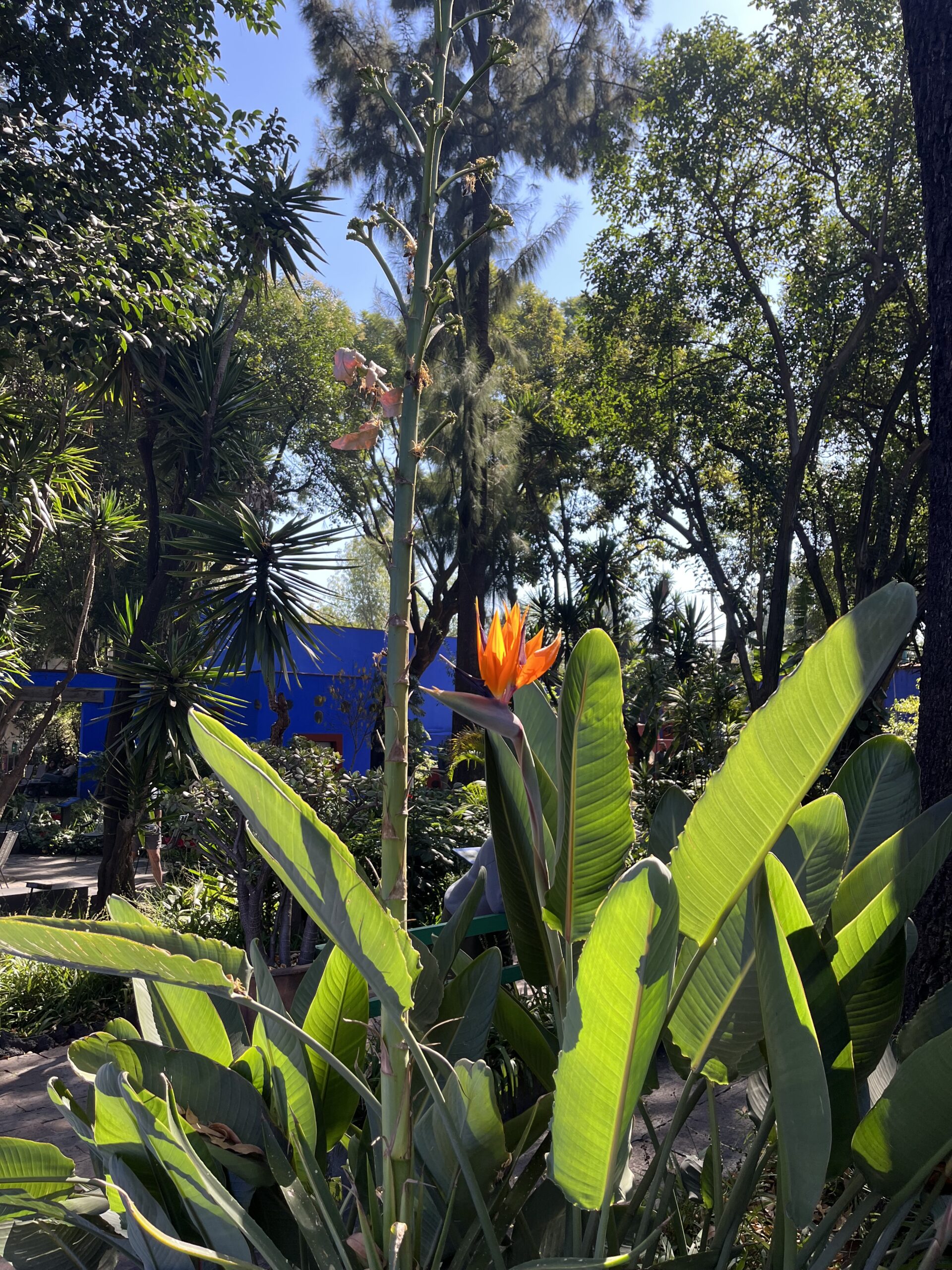
How does travel build confidence?
Now we understand more about what confidence is and the factors that affect it, let’s consider how travel can help.
Our belief in own ability to handle situations
The more that we are able to successfully manage situations, the more confident we will feel. Travel presents us with lots of new situations that are difficult to navigate. We are in an unfamiliar environment, there will be cultural differences and there may even be a big language barrier. Facing and navigating these situations can really stretch us. It can feel uncomfortable at the time, but afterwards many people will notice a huge shift in their comfort zone and an increase in confidence.
The key with building your confidence is about ‘stretching’ yourself and not throwing yourself in the deep end. If you are unprepared and have a bad experience then this has the potential to knock your confidence.
There is no ‘one size fits all’ with this as everyone’s comfort zone will differ and so you have to think carefully about what will be ‘just enough’ for you. Think about your travel experience and what you do and don’t feel comfortable with. As an example, I usually travel independently and book everything myself. I have travelled this way extensively in Europe and feel comfortable with it. This year I made the leap to travel this way in Central Mexico: This stretched me because it is a new place and there are known risks but I am a confident traveller so this felt ok.
These are examples of things that you might do on your travels to ensure that you are stretch yourself but not throwing yourself in:
- Having a screenshot of the map to your hotel/accommodating on your phone as a back up if you struggle to be understood
- Having access to mobile data if needed
- Having a phrasebook in the local language and pointing to it if necessary
- Allowing yourself sufficient time to get to your onward transport
- Being willing to spend on a drink/snack if you need to sit in a café and take stock/plan your next steps (I know some people really dislike spending in this way but I’d say that it’s worth it if it reduces your stress levels)
- Understanding that whilst strangers are sometimes helpful and accommodating, this isn’t always the case. It is wise not to rely solely on this.
- If you find it helpful read blog posts about your destination in advance so that you can be aware of what to expect. This can be as simple as knowing about ticket inspections when you travel on public transport.
On the subject of spending, I usually advise against travelling on a shoestring if you can. I am not saying that you should splurge or ‘splash the cash’, but overly watching the pennies can cause unnecessary stress. Try to find that balance where you are sticking to your budget but you have the option of spending on things that are going to make your life easier or reduce unnecessary stress.
To summarise, stretching ourselves and putting ourselves in new situations builds our belief in ourselves. This is one of the most effective ways that travel can help us to build confidence.
Tolerance for uncertainty
Embarking on a journey is a brilliant opportunity to experience the unexpected and to be open to the moments that will happen. Some of the most memorable travel experiences are not necessarily the ones we planned. Yes we are likely to enjoy the day trip that we have booked but then there are lots of amazing moments that we can’t predict. Unexpected street performers are a great example, finding an awesome bar that you just stumbled upon, or even just sitting in a coffee shop and watching the world go by. These moments that just happen.
Almost all travel involves this element of uncertainty, although this does diminish the more the trip is pre-planned and put in the hands of resorts, cruise liners or alike. More on this later.
Travel also helps us to understand and appreciate new cultures. This in itself is helpful for our uncertainty tolerance because we realise that ours is not the only perspective. There are different ways of seeing the world. The more we travel the more we learn to hold this in mind and accept it.
These are two ways that I think travel can enhance our tolerance for uncertainty. As a clinician I would strongly suggest that if we are more comfortable with uncertainty, we are likely to feel confident in most situations. In contrast, many clients who experience anxiety and low confidence often struggle with uncertainty and their ability to handle it. This is something that often work on in therapy: clients building confidence in their own ability to handle uncertain situations that life may present.
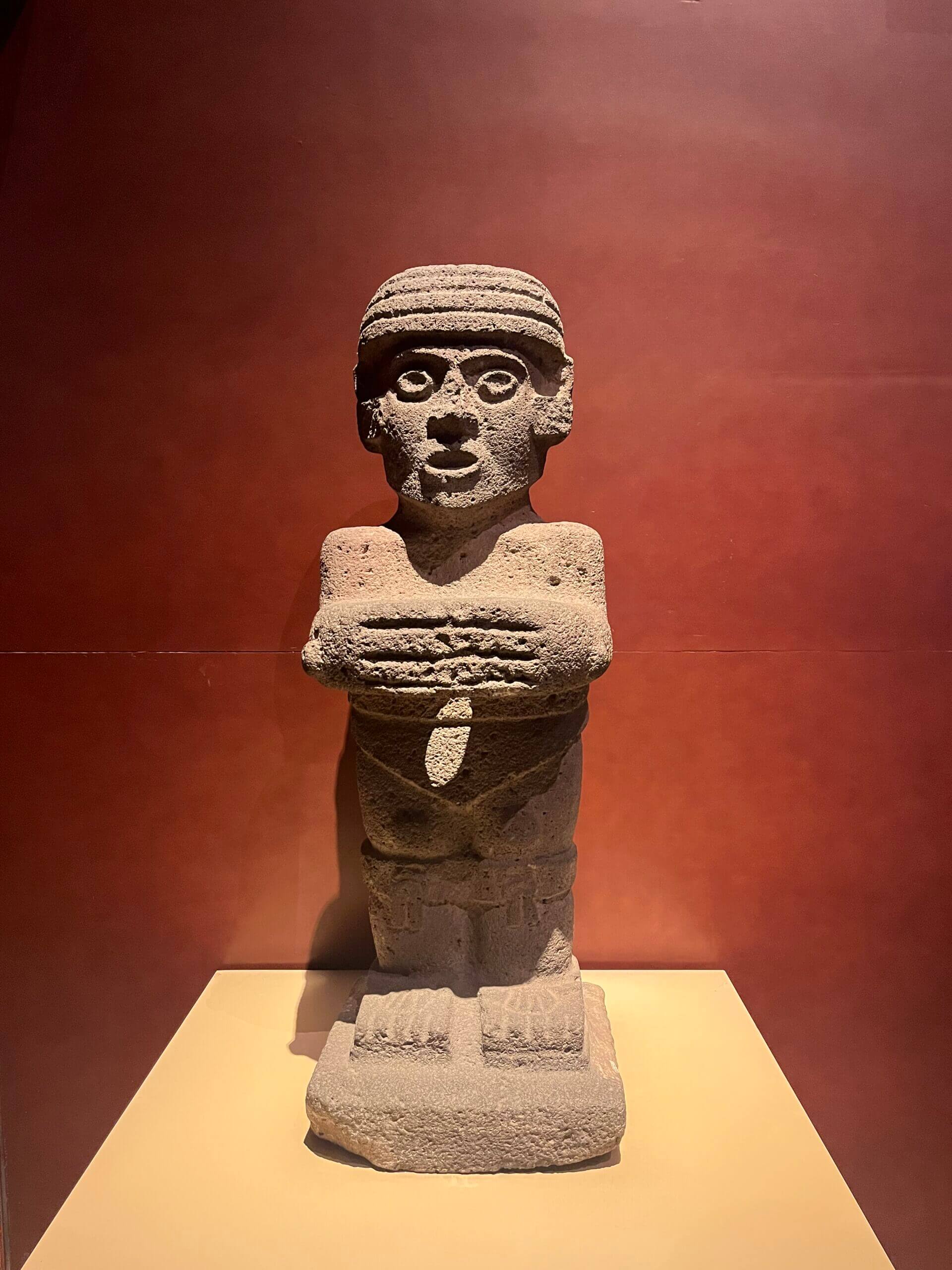
Psychological flexibility
When we are able to tolerate uncertainty and to adapt to situations, we are flexible psychologically. It means we have learned to flex the mental ‘muscles’ that help us to tolerate changes in plans and act accordingly. We are not ‘stuck’ or ‘rigid’ in our way of doing things or in our way of thinking.
Our contributor Dr Jill previously wrote about how travel can increase our psychological flexibility. The message was really about how travel can help us to become more flexible but only when we are self-aware during this process. If we can notice what emotions come up in times of change or uncertainty, we can learn to sit with them. Repeating this process can help us to increase our tolerance for these emotions and our comfort zone around change. They key is acknowledging and sitting with emotions. This is preferable to either getting caught up in them or needing to suppress them.
Being more psychologically flexible means that we are better able to deal with change. Going further than that, it means that we can respond better to lots of challenges. This is because when we are more psychologically flexible we have a bigger range of ‘tools’ in our toolbox and we are better at choosing the right one for the task at hand! This inevitably has a positive impact on our confidence because it means that we become more effective, and confidence naturally grows as a result of this.
Sense of self and resilience
Embarking on a journey can help us to build on our sense of self. This is particularly likely if we are taking the type of trip on which we intend to grow as a person. For many people this is their first solo trip.
When we decide we are going to stretch our comfort zone and when we invest in ourselves, this can help us to build a sense of self. This is not just about the trip itself, but everything that goes into the planning. Making sacrifices, budgeting and saving up so that you can give yourself this amazing experience is certainly part of it. These actions are a clear message to ourselves that we matter.
Having a strong sense of self is a huge part of resilience. When we feel good about who we are and how we’ve spent our time, this sets us up for the tough situations that life will inevitably throw at us. Speaking personally, I went through a really challenging time at work a couple of years after my first solo trip. One of the things that really helped me was remembering that my ‘work self’ is only one part of me. I remember imagining myself on the beach each afternoon on my solo trip. I remembered that this is the ‘real me’. It was one thing that helped me through a really challenging time.
Having a strong sense of self and building resilience can certainly have a positive impact on confidence.
Are some types of travel better than others?
Yes absolutely. There are not many things that I am categorical about but this is one of the rare occasions where I am. Having an unlimited budget and staying at a top end or inclusive resort is not going to increase your confidence or help you grow as a person. It might be wonderful and make you feel good, and you will undoubtably have some great Instagram photos, but it’s not going to lead to meaningful increases in confidence.
These are the kinds of trips that are most likely to help you to build confidence:
Adventure
For most people the word adventure conjures up images of mountain climbing, sky diving and other extreme pursuits. Yes these things are certainly adventurous, but they are not the only way. Adventure essentially means doing something that involves some uncertainty and risk. It means pushing yourself to the edges of your comfort zone and doing something that stretches you.
Adventure can be as simple as going to a new city and navigating the metro system. It can mean travelling to a less touristy place and finding ways to communicate through the language barrier. It can even mean trying the local cuisine if you are usually someone who is usually not so adventurous with food.
This is absolutely the best way to build confidence through travel. For more on this check out Dr Nicola’s previous article Adventure tourism: how to have an adventure that’s right for you
Solo travel
Travelling alone is another great way to build confidence. The best trips are when you decide that the trip intention is about growing as a person and stretching your comfort zone. Solo travel inevitably provides opportunities for this because you are alone, and so you have to rely on yourself!
For more on this check out Dr Jenna’s article What are the psychological benefits of travelling alone?
Learning a new language
Communicating in another language can be a great way to build confidence and to connect with local people. Even learning a few words and key phrases can be beneficial.
Learning a new language can be beneficial because it is really challenging. I say this as someone who has been learning Spanish as an adult! Communicating in another language can be uncomfortable and is really a humbling experience. I’d encourage you to try it.
In terms of the research evidence, one study demonstrated that bilingual students had greater self esteem and ‘social ease’ than their classmates who spoke only one language (Pesner & Auld, 1980). This isn’t the strongest evidence ever, but is encouraging nonetheless. A more recent study found that those who are bilingual are less likely to be overconfident, and have a more realistic sense of self (Li & Shen, 2022). As described earlier on in the article, having a grounded and realistic sense of confidence is ideal. This suggests that learning more than one language can help individuals to develop this healthy sense of confidence.
For more on the benefits of being bilingual check out this brilliant podcast
Conclusion
Travel can be a tool to build confidence in a number of ways. It can expand our comfort zone and belief in our abilities. It can increase our tolerance for uncertainty and our psychological flexibility, and contribute to a stronger sense of self. Solo travel, and trips that involve adventure and stretch our comfort zone can be particularly beneficial. Learning a new language can also enhance our confidence and help us to connect with others.
Given all of these benefits, it can help to have a way of reflecting on your experience and process of building confidence. Did you know that journaling is one of the most effective ways to facilitate this process? For more on this check out Travel journal prompts: guidance from a psychologist
You can also join our growing community by joining our Facebook group dedicated to Female Travel and Personal Growth.
References
Hillen, M. A., Gutheil, C. M., Strout, T. D., Smets, E. M., & Han, P. K. (2017). Tolerance of uncertainty: Conceptual analysis, integrative model, and implications for healthcare. Social science & medicine, 180, 62-75.
Li, H., & Shen, S. (2022). A clearer sense of self: Relationship between bilingualism and overconfidence bias. Journal of Multilingual and Multicultural Development, 43(7), 600-613.
Pesner, J. W., & Auld, F. (1980). The relationship between bilingual proficiency and self-esteem. International Journal of Intercultural Relations, 4(3-4), 339-351.


